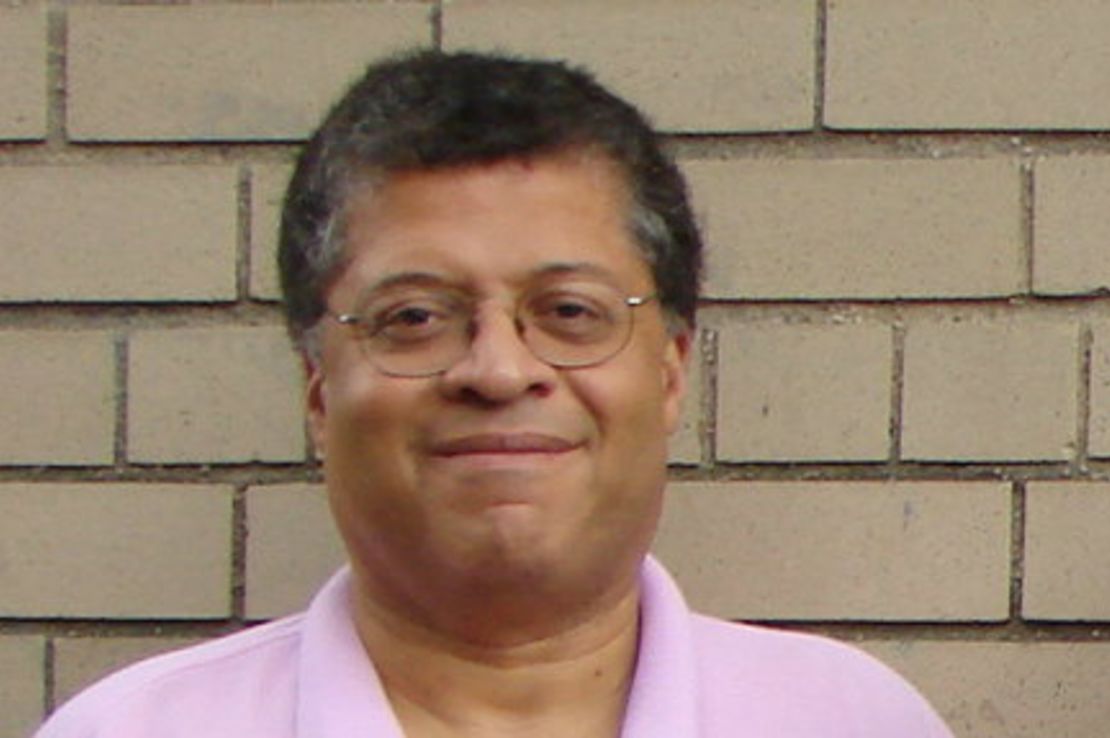Editor’s Note: Gene Seymour is a film critic who has written about music, movies and culture for The New York Times, Newsday, Entertainment Weekly and The Washington Post. The opinions expressed in this commentary are solely those of the writer.
Story highlights
Gene Seymour: Joe Cocker made iconic version of "With a Little Help From My Friends" at Woodstock
He says on news of his death, song is what everyone thought of. He conquered it, made it his own
He says it began Cocker's solid blues career that crossed several generations
Seymour: Today, Ringo Starr tweeted tribute to the man who transformed his signature song
He seemed, at that moment, less like a rock star than like someone who sort of wandered on stage from the multitudes of motley young people jostling and undulating in the meadow. He appeared dazed and confused: a scruffy, spectacularly unglamorous fellow who somehow found himself among the rock ‘n’ roll aristocracy who showed up in Woodstock, New York, 45 summers ago to help administer a collective blessing upon a generation.
Then Joe Cocker started to sing a song that, it’s safe to say, everybody within hearing range of that stage knew by heart. It was what was widely recognized as the “Ringo” number from the already classic Beatles album, “Sgt. Pepper’s Lonely Hearts Club Band,” from two years ago.

“With a Little Help From My Friends” was the kind of catchy, user-friendly ditty that even a stuffy grown-up could love enough to sing along with decades before anyone heard the word “karaoke.” Anybody, in other words, could make the song work for them, whether in a shower or a corner bar.
Joe Cocker, at that moment, did more than just make it work. He worked that song over, ripping its delicate, amiable stitching apart and transfiguring it into something with more grandeur, tumult and dramatic tension than the Beatles could have imagined.
The cameras that captured that transfixing performance for all time stayed on him for practically the entire song, drifting up and down Cocker’s spasmodic form, focusing on his hands as they mimed an invisible instrument wrenching every lick, spin and extended variation he could summon through the vibrant coarseness of his voice.
That little ditty Ringo Star introduced to the world became, in Cocker’s fitful, jerking hands, an epic flag waver, a soul-music anthem. Cocker didn’t just “cover” that song. He conquered it and made it his own.
His performance, one of the many peaks of the 1970 eponymous documentary about that festival, “Woodstock,” was the first thing most people of a certain age thought of when they heard the news of Cocker’s death at 70 from lung cancer. It was what Monday’s CBS Evening News broadcast mentioned first and foremost when mentioning Cocker’s passing and the film clip accompanied many tweets and posts on social media.
Galvanic as that moment was, it was only the beginning of a solid, steady career for Cocker, who scored serial blues-rock hits throughout the 1970s, including “Feelin’ Alright” and “You Are So Beautiful.” His 1982 duet with Jennifer Warnes, “Up Where We Belong,” pretty much capped his string of hits. His gravelly voice and his contortions, however, remained in demand throughout the world, and it says something about his enduring appeal that so many people from different generations say they went straight to those and other tunes to hear that aching, fiery growl once again.
Most appropriately, for a man who exploded into being at a long-ago festival devoted to “peace and love,” there came a special tweet today from someone wishing the same to Cocker’s spirit. It came from Ringo Starr.
Read CNNOpinion’s new Flipboard magazine.












